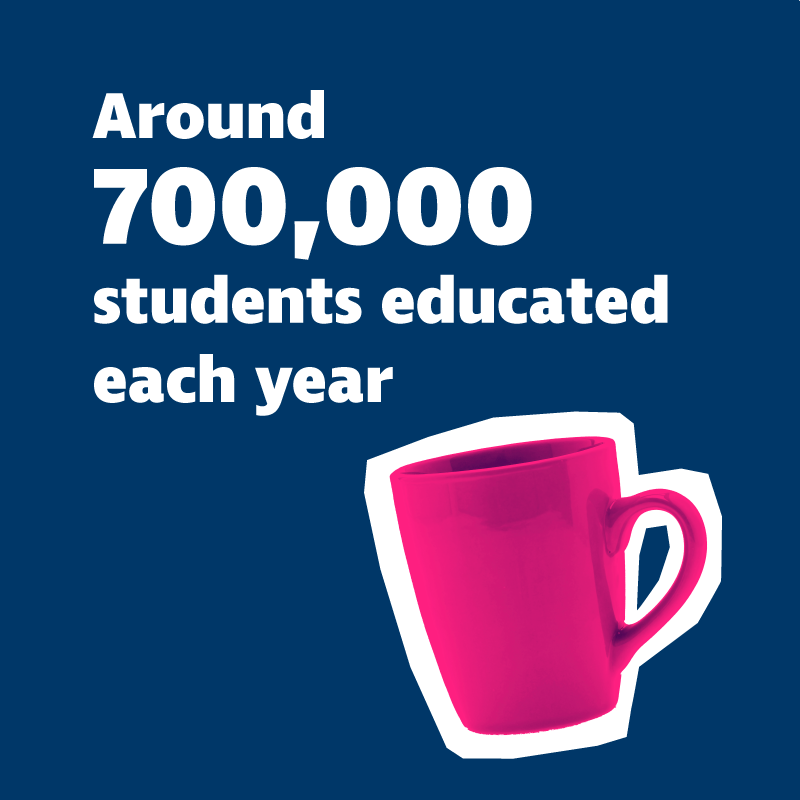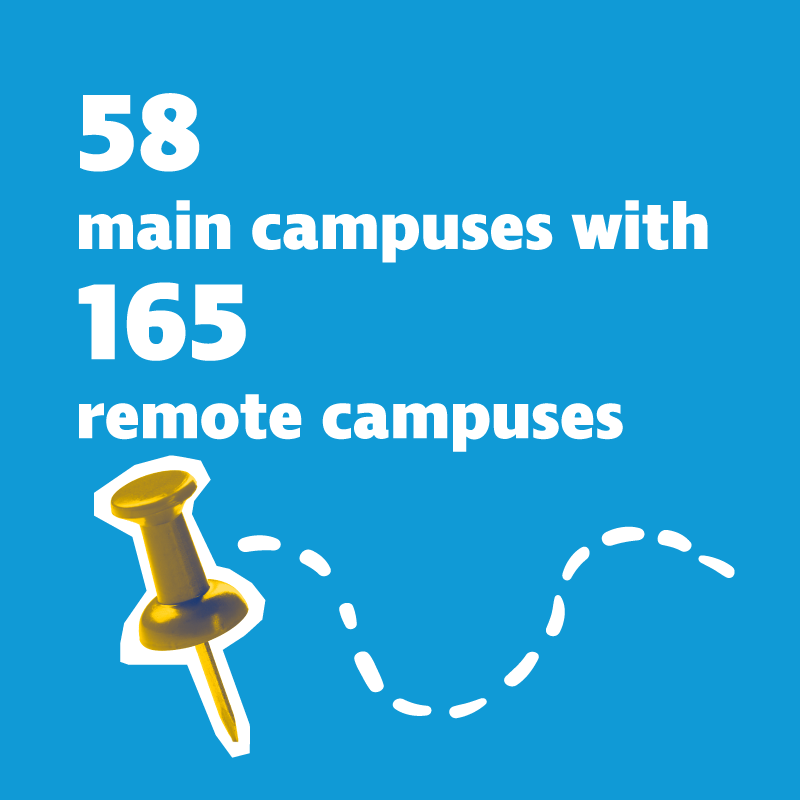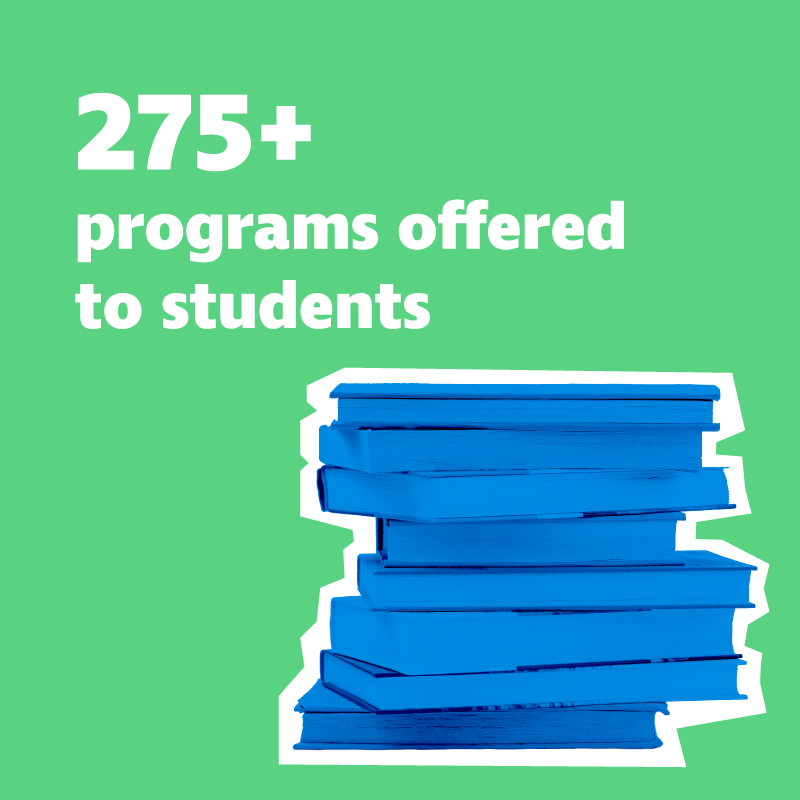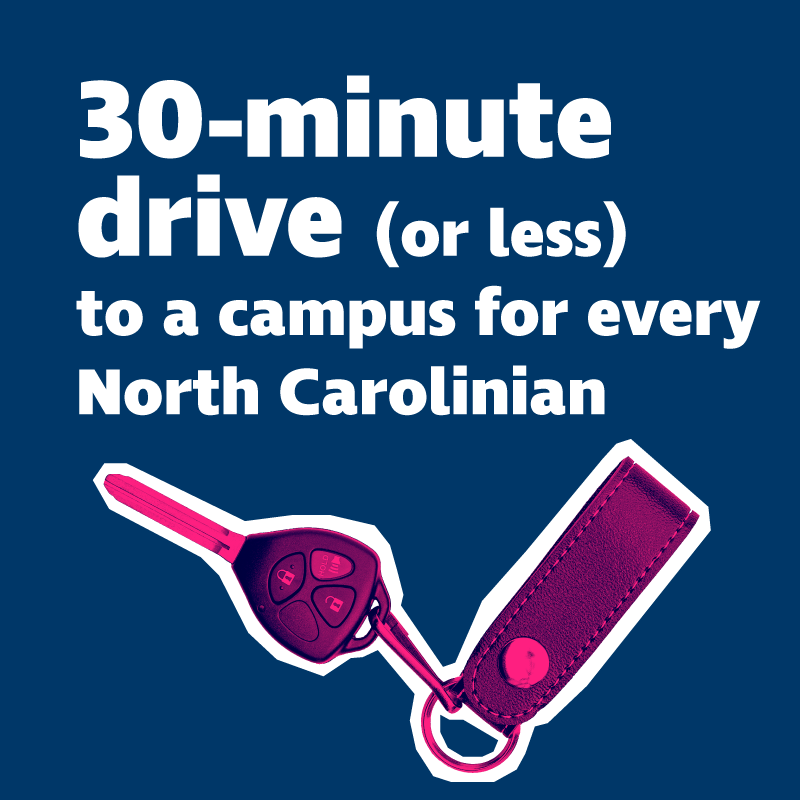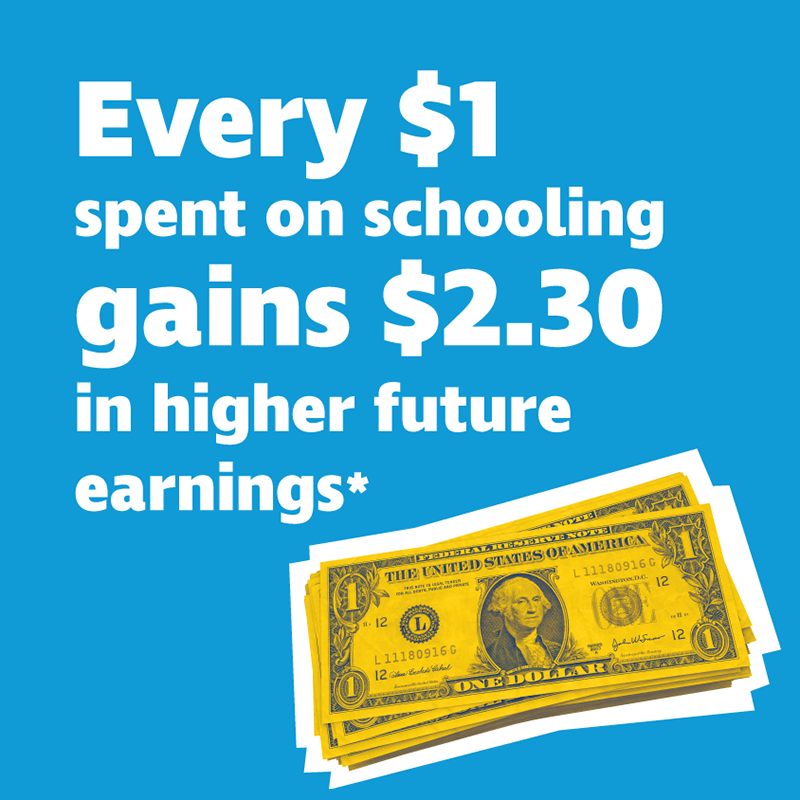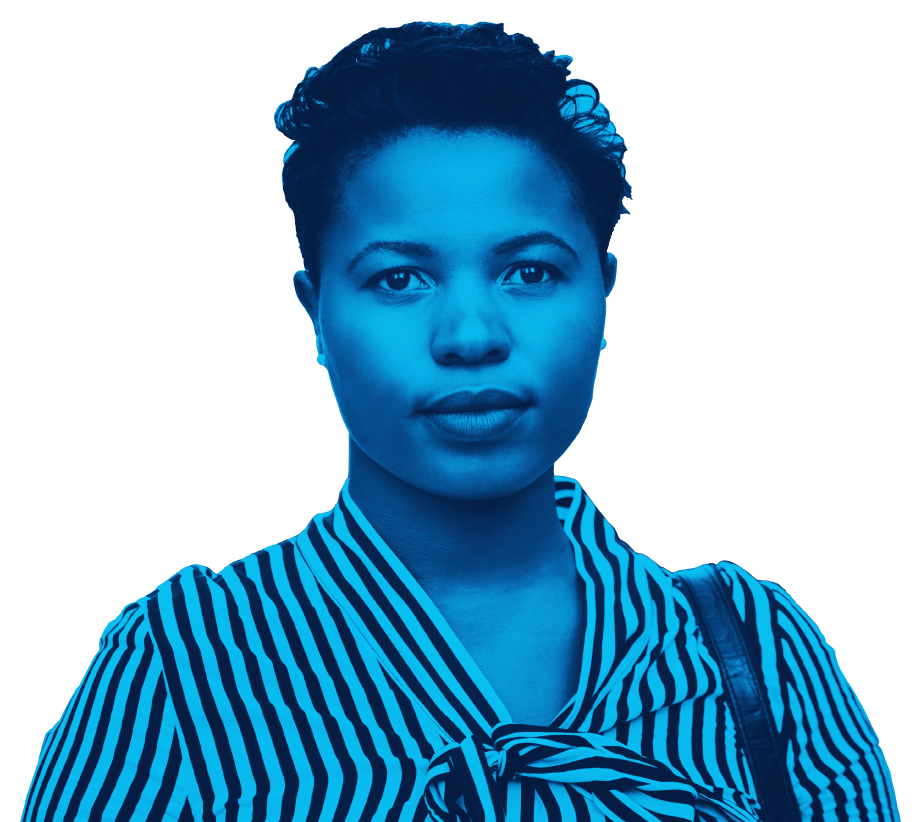
ABOUT
YOUR HIRE
EDUCATION
One modern community college system. Countless opportunities.
The main goal of the North Carolina Community College System is to improve quality of life across our state by connecting students to fulfilling careers and matching employers to well-qualified employees. The colleges are constantly working to do this by providing easy access to low-cost, high-quality educational opportunities and academic support that focuses on increasing employability.
Their curriculum is always evolving to reflect the best practices, technologies and operational advancements in key industries and local businesses throughout North Carolina. They listen to employers and create learning opportunities that translate into real-world experience and potential jobs for students.
This innovative approach to learning and job preparedness, coupled with the range of their academic offerings, allows the North Carolina Community College System to provide some of the most extensive and advanced technical and vocational programs in the U.S. And with 58 institutions located throughout the state, North Carolina community colleges form the third-largest community college system in the country.
By The Numbers
